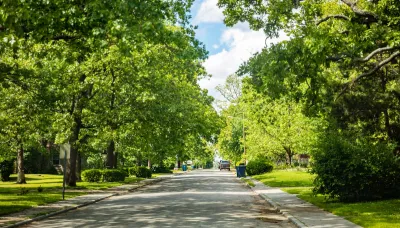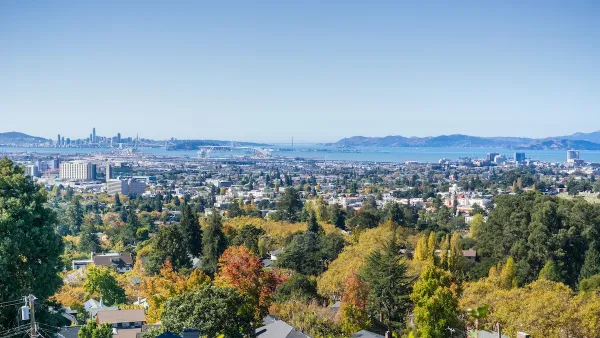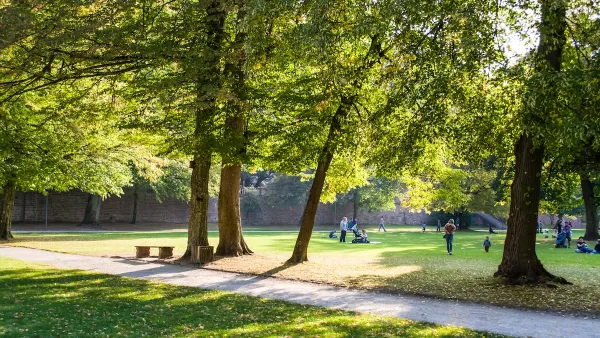Tree-D Fusion, an AI-driven tool developed by MIT and Purdue researchers, generates 3D models of urban trees to help city planners visualize future green spaces, address climate challenges, and enhance urban livability and sustainability.

Tree-D Fusion, a groundbreaking system developed by researchers including the Massachusetts Institute of Technology (MIT)'s Sara Beery and Purdue University's Jae Joong Lee, uses AI to create 3D models of urban trees from 2D images, such as those from Google Street View. This tool leverages species- and environment-specific data to simulate realistic tree growth and predict how urban forests will evolve over time. Beyond visualizing the future of green spaces, the system offers cities a "living digital forest" to monitor environmental stresses and assess tree health, helping urban planners proactively manage tree growth and avoid issues like interference with power lines.
The technology also addresses broader urban challenges, such as combating the heat island effect and improving city livability amid climate change. By mapping intricate shade patterns and envisioning future green spaces, Tree-D Fusion enables planners to strategically cultivate urban forests that can cool cities and mitigate heat buildup. These efforts align with studies showing that access to green spaces significantly impacts public health, life expectancy, and social equity, emphasizing the importance of incorporating urban forestry into city planning.
Looking to the future, the creators of Tree-D Fusion aim to scale the platform globally, using AI insights to promote biodiversity, sustainability, and ecosystem health. Alongside complementary research, such as studies on the number of trees needed to cool cities like Los Angeles, the system exemplifies how technology can merge with ecological science to create greener, more resilient urban environments that benefit both people and the planet.
FULL STORY: Hey Google: Data Scientists Use AI to Plant New Forests in the Cities

Analysis: Cybertruck Fatality Rate Far Exceeds That of Ford Pinto
The Tesla Cybertruck was recalled seven times last year.

National Parks Layoffs Will Cause Communities to Lose Billions
Thousands of essential park workers were laid off this week, just before the busy spring break season.

Retro-silient?: America’s First “Eco-burb,” The Woodlands Turns 50
A master-planned community north of Houston offers lessons on green infrastructure and resilient design, but falls short of its founder’s lofty affordability and walkability goals.

Test News Post 1
This is a summary

Analysis: Cybertruck Fatality Rate Far Exceeds That of Ford Pinto
The Tesla Cybertruck was recalled seven times last year.

Test News Headline 46
Test for the image on the front page.
Urban Design for Planners 1: Software Tools
This six-course series explores essential urban design concepts using open source software and equips planners with the tools they need to participate fully in the urban design process.
Planning for Universal Design
Learn the tools for implementing Universal Design in planning regulations.
EMC Planning Group, Inc.
Planetizen
Planetizen
Mpact (formerly Rail~Volution)
Great Falls Development Authority, Inc.
HUDs Office of Policy Development and Research
NYU Wagner Graduate School of Public Service




























